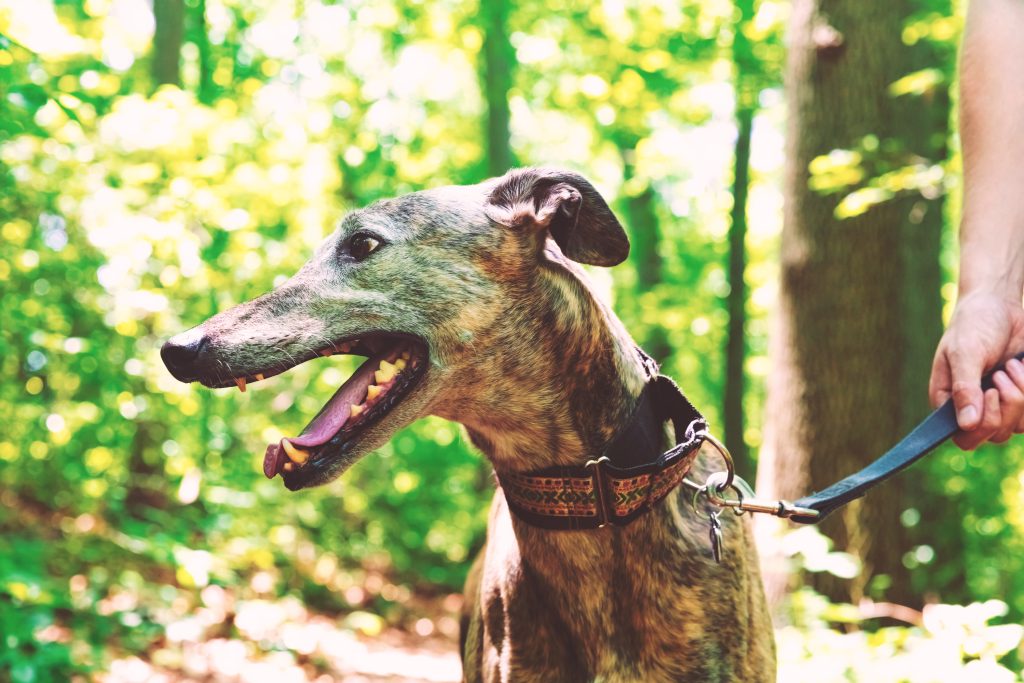
Introduction to Common Puppy Behavior Problems
Congratulations on your new puppy! While they are adorable and full of energy, it can be overwhelming trying to handle their behavior. Puppies have a lot of needs that need to be met, including exercise, socialization, training, and attention. However, many owners struggle with common puppy behavior problems such as chewing shoes, peeing on the carpet, aggression towards people or other animals, and more. In this blog post, we will cover some tips for handling these issues so you can enjoy life with your furry friend.
How to Prevent Chewing and Destructive Behaviors
One of the most frustrating things about having a puppy is coming home to find your favorite pair of shoes destroyed. It’s important to understand why dogs chew in order to prevent destructive behaviors. Dogs may chew because they are bored, anxious, or seeking attention. To prevent chewing, make sure your dog has plenty of toys to play with and rotate them regularly to keep him interested. You should also provide your pup with daily exercise and mental stimulation through games like hide-and-seek or puzzle toys. Additionally, crate training can help prevent destructive behavior by providing a safe space where your dog can relax when he is alone.
Housebreaking Your Puppy: Tips for Successful Potty Training
Potty training is one of the biggest challenges faced by new pet parents. Housebreaking requires consistency, patience, and positive reinforcement. Start by taking your puppy outside frequently throughout the day (every 30 minutes) and praise him when he goes potty outside. When inside, confine your puppy to an area small enough to monitor his movements and take him out immediately after eating, drinking, playing, or waking up from a nap. Use a specific command like “go potty” to teach your dog what you expect of him during housebreaking. Consistency is key – never scold or punish your dog for accidents unless you catch him in the act. Instead, use positive reinforcement to reward good behavior.
Dealing with Aggression and Other Challenging Behaviors
Aggressive behavior in dogs can stem from fear, anxiety, dominance, or territoriality. If your dog shows signs of aggression towards people or other animals, seek professional help from a certified trainer or animal behaviorist. They can work with you to identify the underlying cause of the behavior and develop a plan to address it safely. Other challenging behaviors such as jumping, biting, or digging require consistent training and management strategies. For example, teaching your dog basic commands like ‘sit’, ‘stay’, and ‘come’ can help establish boundaries and build trust between you and your dog. Remember to always use positive reinforcement techniques and avoid physical force or intimidation.

Common Questions People Ask
What is Introduction to Common Puppy Behavior Problems and how does it work?
At its core, Introduction to Common Puppy Behavior Problems refers to the process or practice of Introduction to Common Puppy Behavior Problems in a defined context. In a simple project you might allocate 5–10 hours to learn and experiment with basic techniques. For example, someone starting out could focus on one key activity and measure how it improves their results. Understanding these mechanics helps you plan budgets, pick tools, and set realistic expectations.
How do you get started with Introduction to Common Puppy Behavior Problems?
- Research at least two reputable sources to learn the fundamentals of Introduction to Common Puppy Behavior Problems.
- Gather essential materials and set a small budget (for example, $50) for supplies.
- Create a step-by-step plan and dedicate 30 minutes each day to practice.
- Track your progress in a journal or spreadsheet and adjust based on what you learn.
What tools or supplies do you need for Introduction to Common Puppy Behavior Problems?
Most projects involving Introduction to Common Puppy Behavior Problems require a handful of basic tools. A beginner should obtain at least three of the following: a measuring tape or ruler, a reliable container or workspace, and a notepad or digital app for tracking data. Depending on your focus, you might also need a timer or specific handheld tools like a trowel or screwdriver. Starting with these essentials keeps costs manageable and lets you focus on technique.
Conclusion
Raising a well-behaved puppy takes time, effort, and commitment but it’s worth it to create a strong bond with your four-legged companion. By understanding common puppy behavior problems and implementing effective solutions, you can enjoy life with your puppy while setting yourself up for success down the road.

